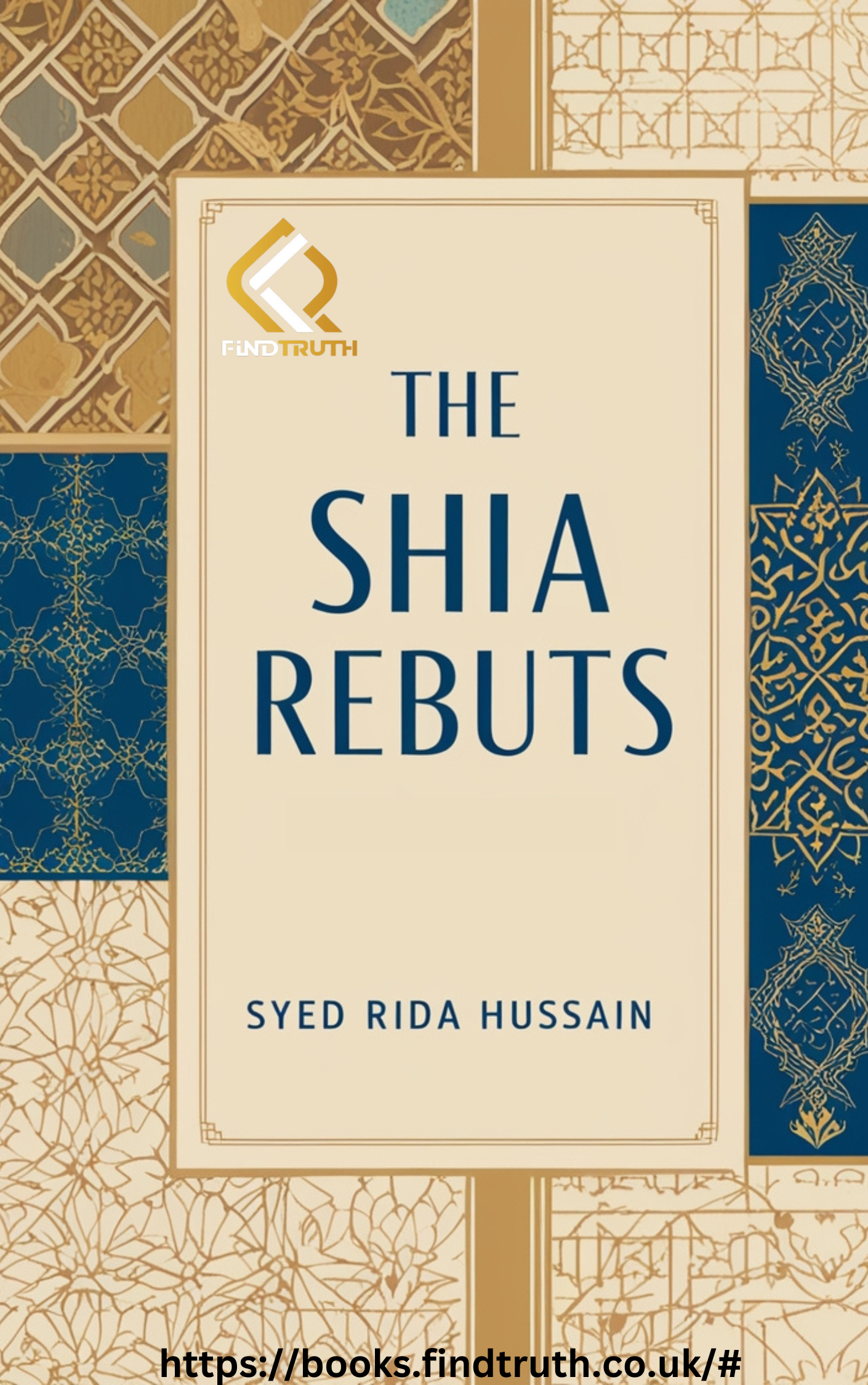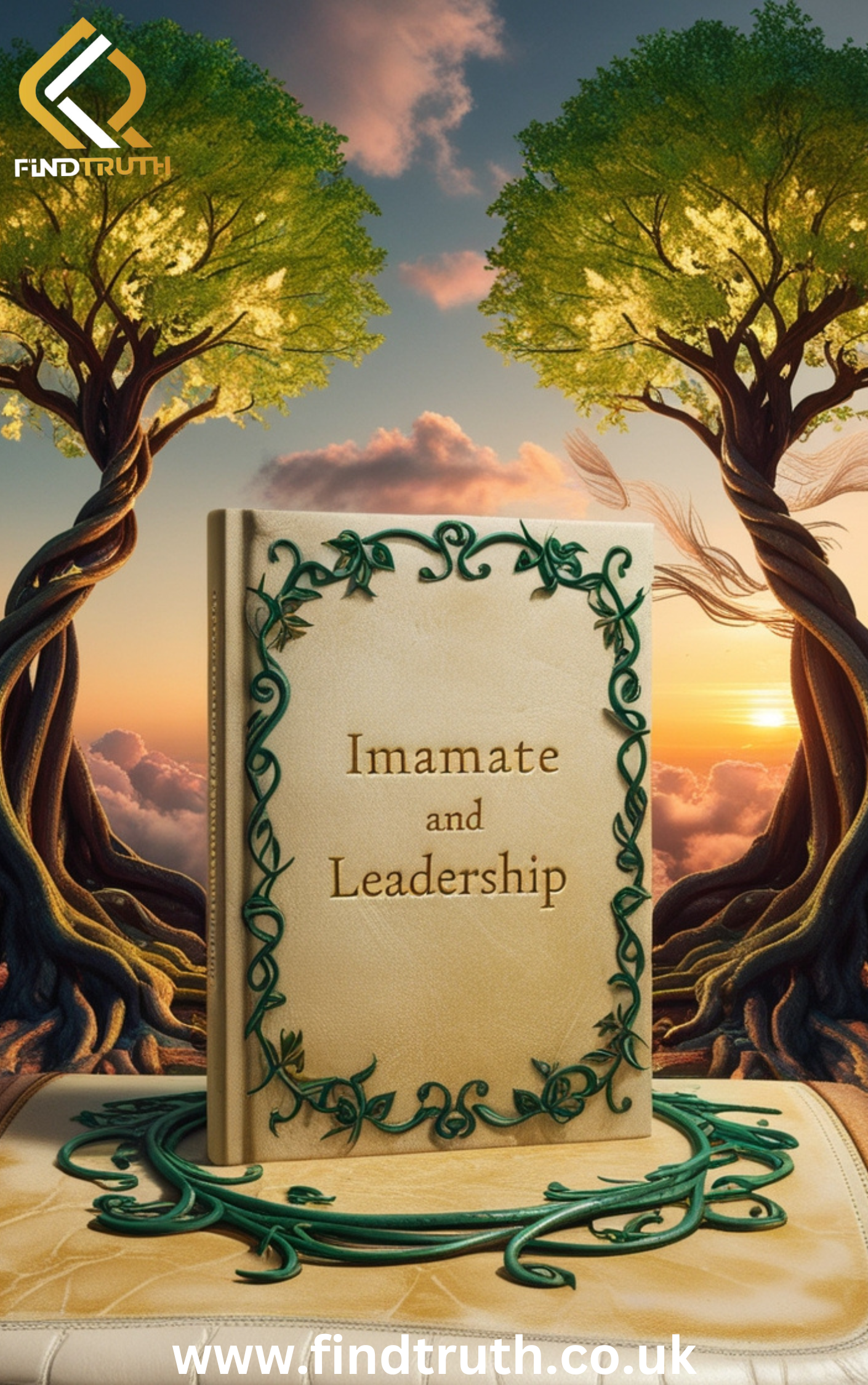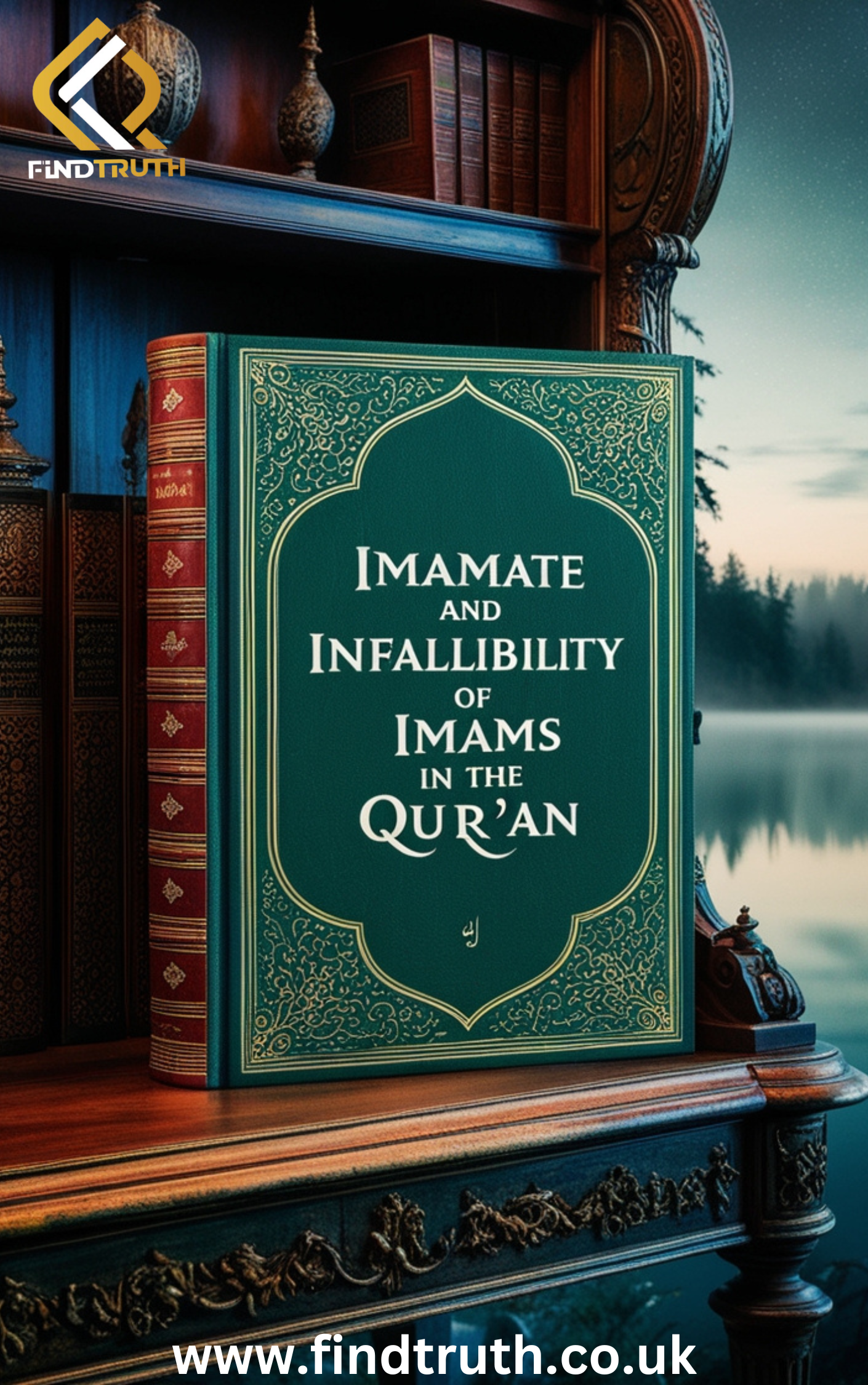
- Beliefs
-
Muslim Practices
- Salah (Daily Prayers)
- Sawm (Fasting)
- Hajj (Pilgramage to Makkah)
- Zakah (Charity Giving)
- Khums (Giving One-Fifth of Annual Saving)
- Jihad (Striving in the Way of God)
- Amr bil Ma'ruf (Encouraging Good)
- Nahy 'an al-Munkar (Stopping Evil)
- Tawalla (Loving the Prophet & His Family)
- Tabarra (Disassociating from the Enemies of the Prophet and His Family)
- Islamic Education
-
Akhlaq - (Ethics)
-
Quran & Sciences
-
Islamic History
-
Socio-Cultural
- Islamic Holy Places
-
Supplications
- Home
- Feature Selections ★
- Beliefs 🛐
-
Muslim Practices ☪️
- Salah (Daily Prayers)
- Sawm (Fasting)
- Hajj (Pilgramage to Makkah)
- Zakah (Charity Giving)
- Khums (Giving One-Fifth of Annual Saving)
- Jihad (Striving in the Way of God)
- Amr bil Ma'ruf (Encouraging Good)
- Nahy 'an al-Munkar (Stopping Evil)
- Tawalla (Loving the Prophet & His Family)
- Tabarra (Disassociating from the Enemies of the Prophet and His Family)
- Islamic Education
-
Akhlaq - Ethics 🔑
- Quran and Sciences 📖
-
Islamic History
- Socio-Cultural
- Islamic Holy Places
- eBooks
- al Ihtijaj Tabarsi
al Ihtijaj Tabarsi
Al Ihtijaj Tabarsi is an important classical work compiled by the renowned scholar Sheikh Abu Mansur Ahmad ibn Ali ibn Abi Talib Tabarsi. The book brings together various arguments and dialogues from Islamic history, involving the Prophet Muhammad (PBUH), Imam Ali (A.S.), and other members of Ahlul Bayt (A.S.), as well as other influential scholars. The title "Ihtijaj" means "protest" or "argument," and this work addresses key theological, philosophical, and political challenges faced by early Muslims. Through debates with non-Muslims and Muslims alike, it presents a defense of core Islamic principles such as monotheism, Imamate, and justice, while also refuting misconceptions and false allegations against Islam and the Prophet’s family. It offers valuable insights into the intellectual and theological discourses of early Islamic history, serving as a cornerstone for those who seek to understand the defense of Shia beliefs.










